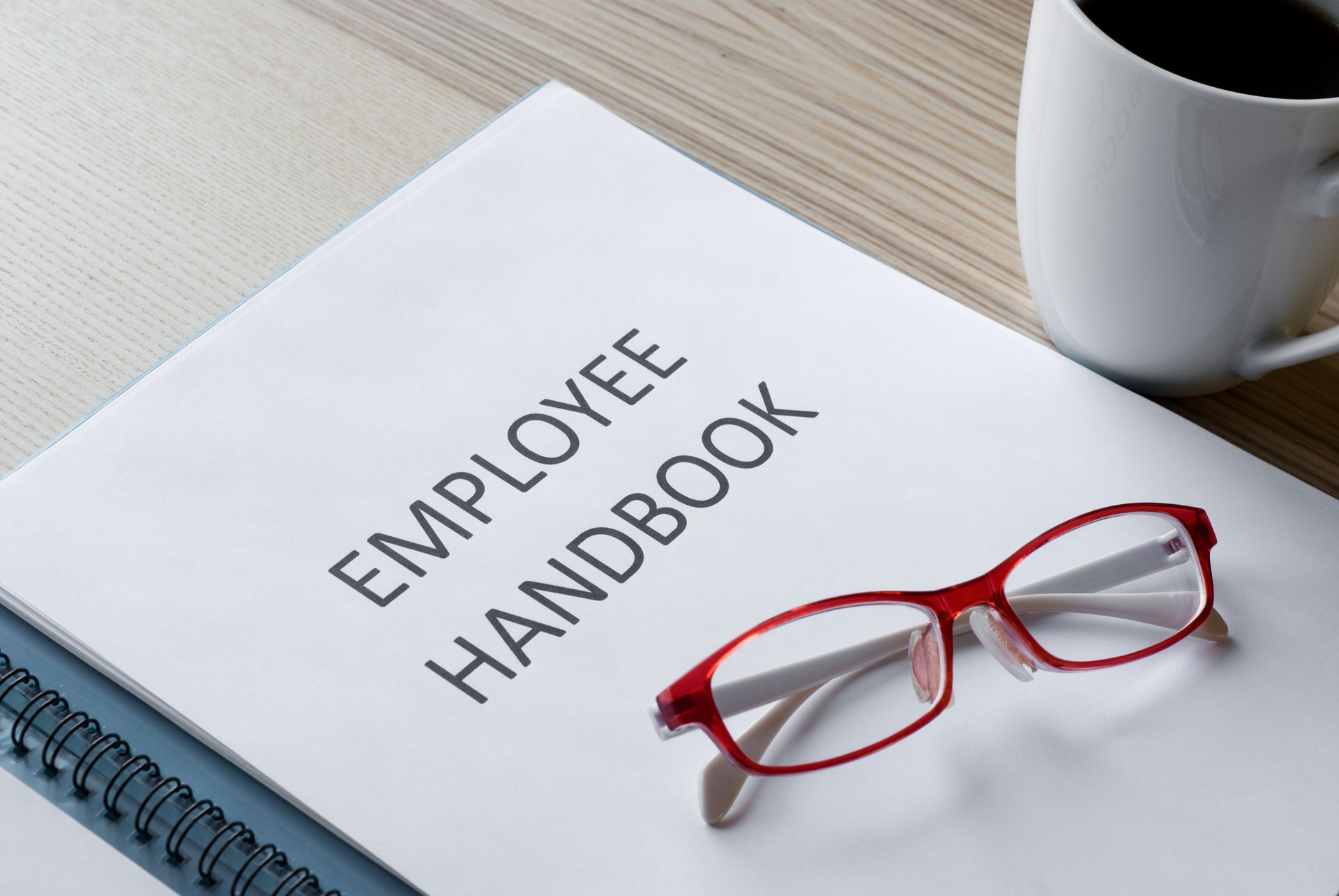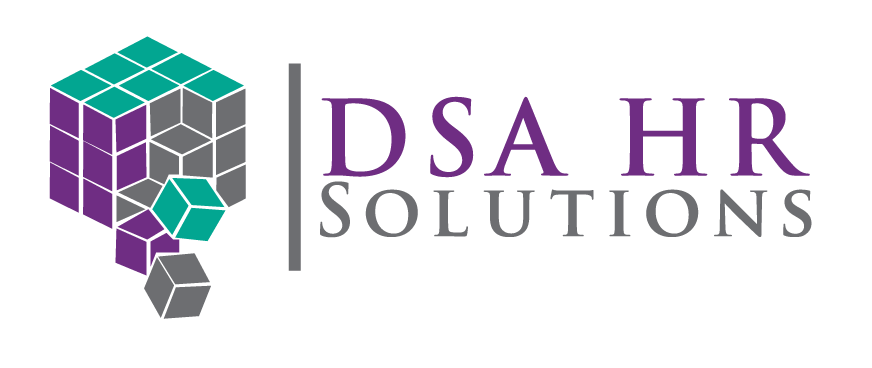How & When You Should Update Your Employee Handbook
A well-written handbook serves as a roadmap to your company's culture and expectations.

Many companies overlook regular updates, but an out-of-date employee handbook can be truly be detrimental to your business. This article will explain why an employee handbook is important and why you should prioritize regular updates. Additionally, it will cover how to update it and when to do so.
Your Employee Handbook
The employee handbook serves many purposes. It is typically given to new hires by their employer early on in the onboarding process. It also can be used as a valuable reference tool for existing employees. The handbook provides important information about company policies, procedures and outlines expectations for employees.
Having a handbook isn’t exactly a legal requirement. However, what is required is informing your employees of their:
- workplace rights and protections
- disciplinary rules and procedures
- sick leave policies
- and PTO (Paid Time Off)
Additionally, subjects like company dress code, extended leaves of absence (maternity, paternity, adoption, grievance, etc.), harassment, and much more can also be outlined and communicated in your employee handbook. Although not required, effectively communicating these points to your employees is essential for running a company successfully. Having it all in a handy guide or manual is beneficial to both your employees and the company.
Your employee handbook contains other important information about your company, such as its mission statement, culture, details about the founders and why the business was started. This helps employees understand their workplace better.
Why You Should Always Have An Updated Handbook
Updating your company’s handbook should be a real priority. Laws and regulations regarding employees are ever changing and maintaining legal compliance is the responsibility of each company. In fact, having an out of date employee handbook can make you susceptible to penalties, damages, claims and lawsuits. For many businesses, the legal ramifications that become possible with an out of date employee manual is enough to stay on top of making regular changes!
In the past decade, we've seen numerous federal state and local laws regarding anti-discrimination, the family and medical leave act, and equal employment opportunity get passed through legislation. Employment laws are constantly being re-evaluated and updated which is why a regular review and update should be implemented into your company's yearly schedule.
Shifts in company ownership, employee benefit packages, mission statements or any other company wide change are also key occurrences that should prompt handbook updates.
When You Should Update Your Employee Handbook
To be clear, "regular updates" do not require daily, weekly, or monthly attention. A general review every 6 months to verify any glaring discrepancies is a great start. If a major law is passed or there are changes in company policies, a prompt update may be required. However, if all is well then a 6 month review by human resources should be more than enough.
Aside from that, a handbook update should be added to every company's year end to-do list. This update could be needed to ensure compliance with the latest laws, rules and regulations. Staying informed about any changes that may affect the way things are done in the company is important. Keeping up to date with these changes can help prevent any potential issues or misunderstandings.
How to Update Your Employee Handbook
There are a number of ways to tackle a daunting task like updating your employee handbook. For larger companies, collaborating with department heads may be a great way to divvy up sections for review and updating.
For example:
Human Resources: Addresses onboarding, employee reviews, and disciplinary actions
Legal: Responsible for ensuring legal compliance with existing laws
Finance: Speaks on compensation, benefits and anything finance related
Operations: Tackles day to day procedures, dress code, etc.
For smaller companies, evaluating the entire book to pinpoint the sections that really need an update is a great way to start.
For organizations that don't have the manpower available to ensure that your employee handbook is up to date, outsourcing may be your best option. Partnering with a company like DSA HR Solution is an easy way to make sure you remain compliant without having to facilitate the change yourself.
Conclusion
It's important to update your employee handbook regularly to ensure it remains a relevant and accurate reflection of your company's policies, procedures, and culture. By prioritizing updates, you not only maintain legal compliance but also foster transparency and clarity among your employees.
Whether prompted by changes in legislation, company policies, or shifts in organizational structure, staying proactive in keeping your handbook up to date is key. Remember, it's not just a document—it's a vital resource that guides your employees and supports your business's success. So, commit to regular reviews, involve relevant stakeholders, and consider outsourcing if needed. By doing so, you empower your workforce with the knowledge they need to thrive within your organization, while safeguarding your company against potential risks and liabilities.
DSA HR Solutions - Bay Area Employee Handbook Services
Achieving the right balance between legal requirements, company culture, and organizational specifics is crucial. You need a meticulously crafted and inclusive guide that resonates with your employees. The last thing you want is to fret over overlooked updates on labor laws or potential legal pitfalls.
That's where we step in to assist you. DSA HR Solutions, Inc., specializes in Employee Handbook Services, alleviating this burden so you can concentrate on excelling in what you do best: managing your business.
Reach out to us today to schedule a free consultation call.
Author
We are a team of certified
HR experts based out of the San Francisco
Bay Area that provides
HR consulting services to businesses nationwide.





